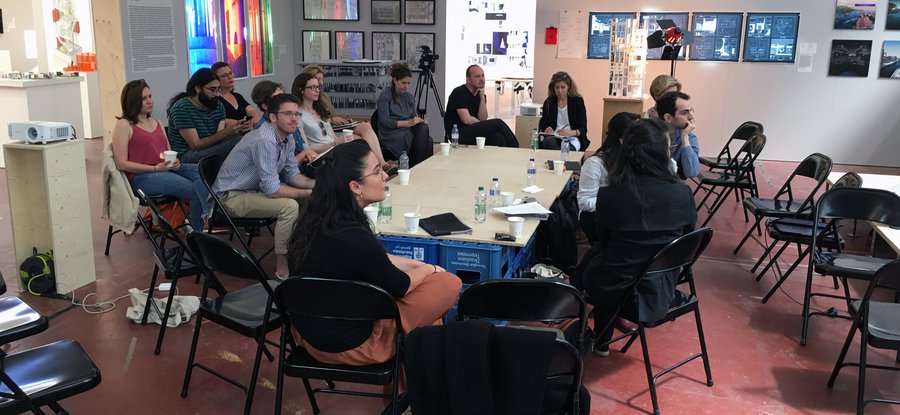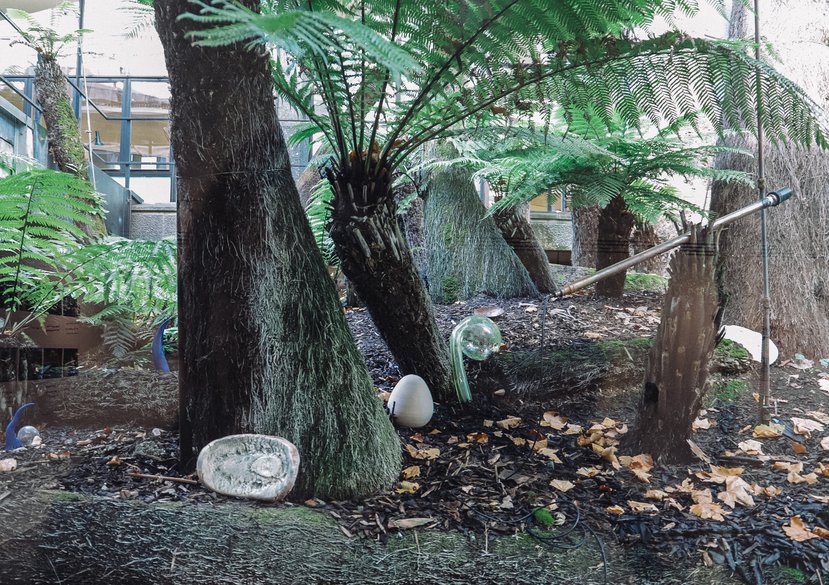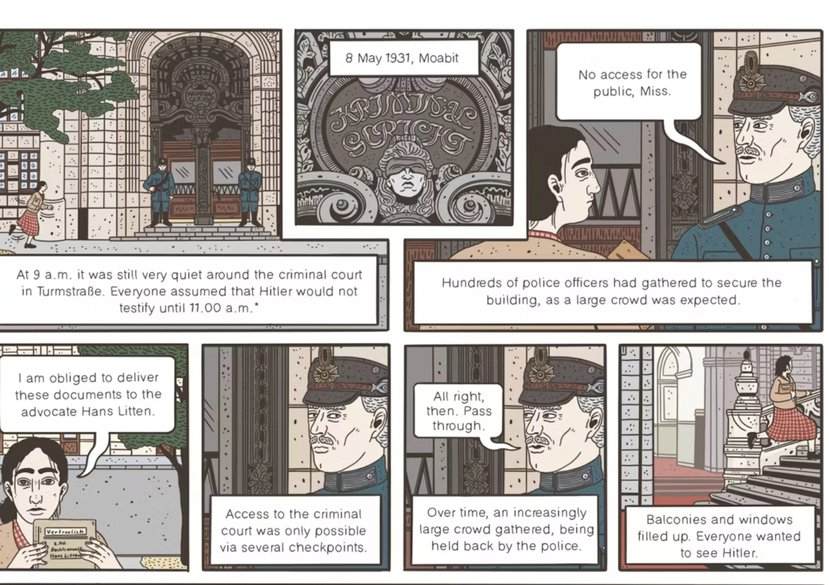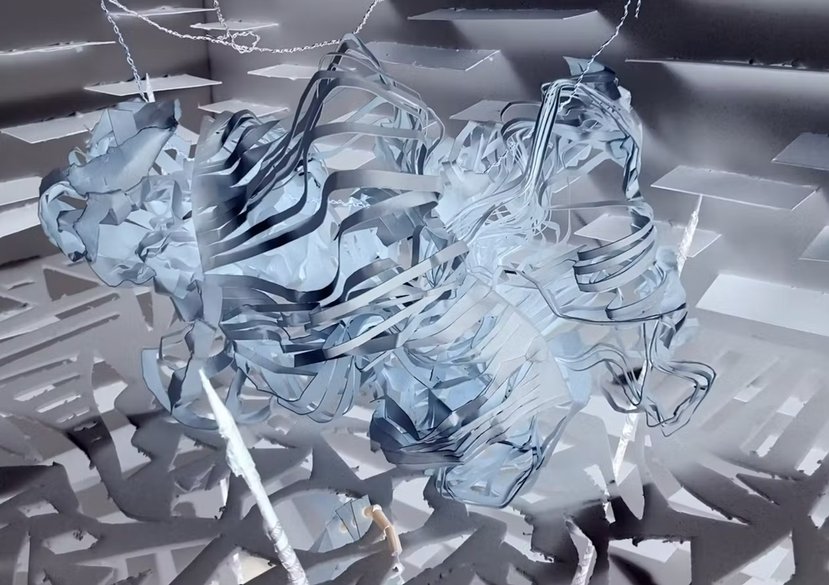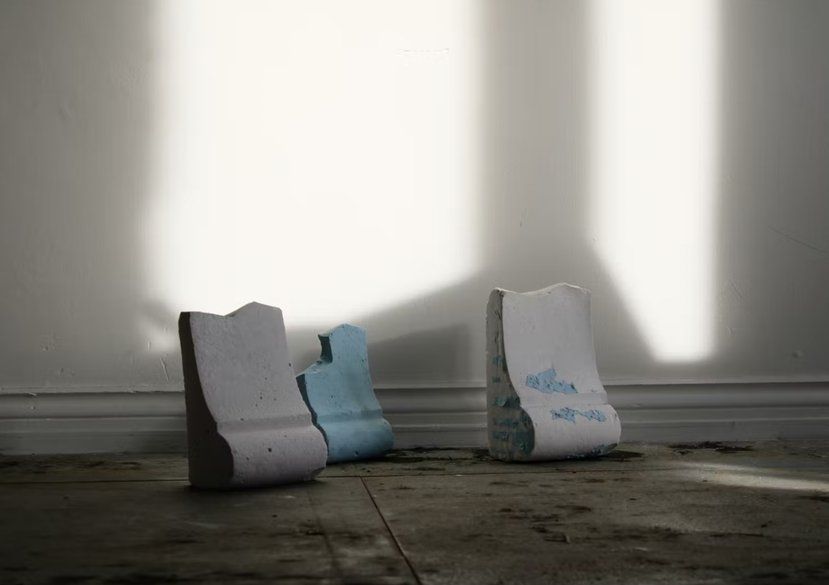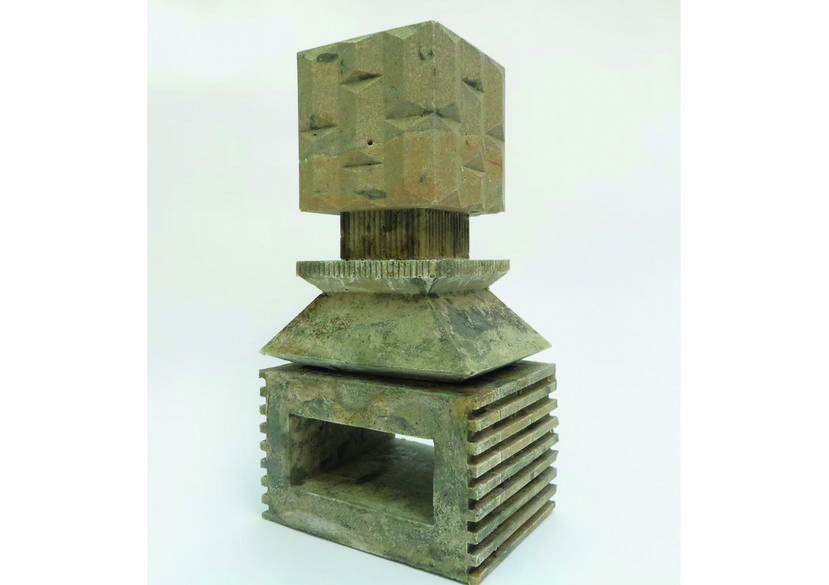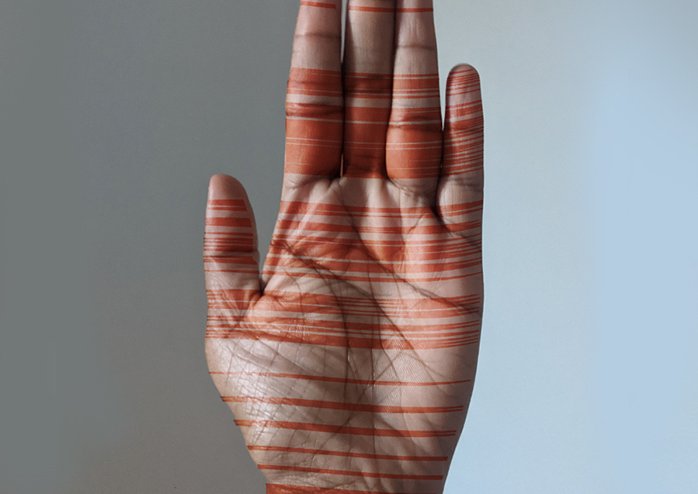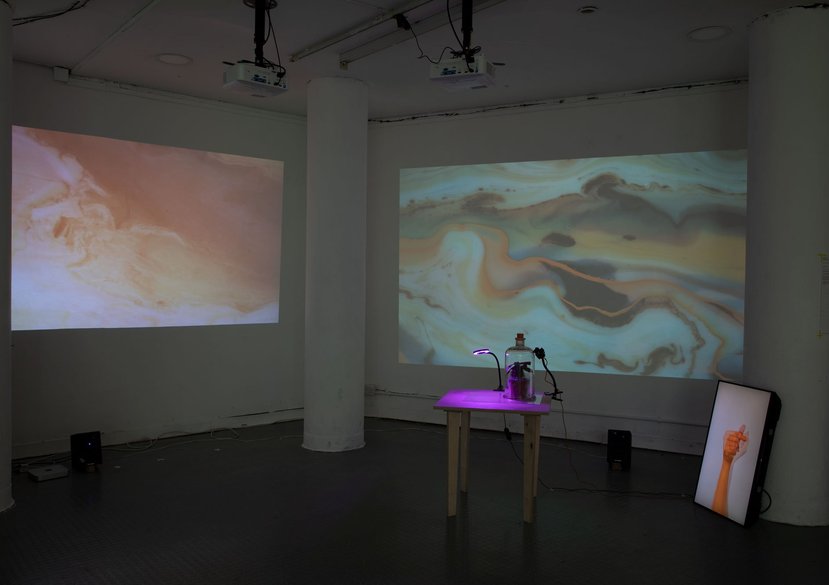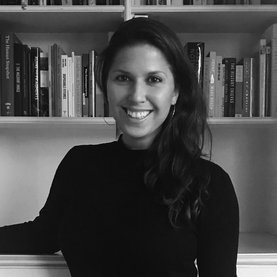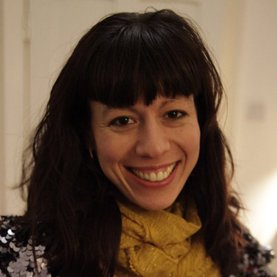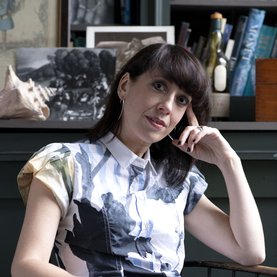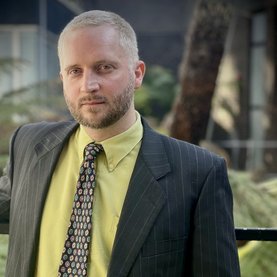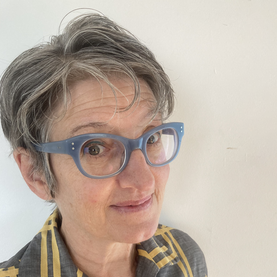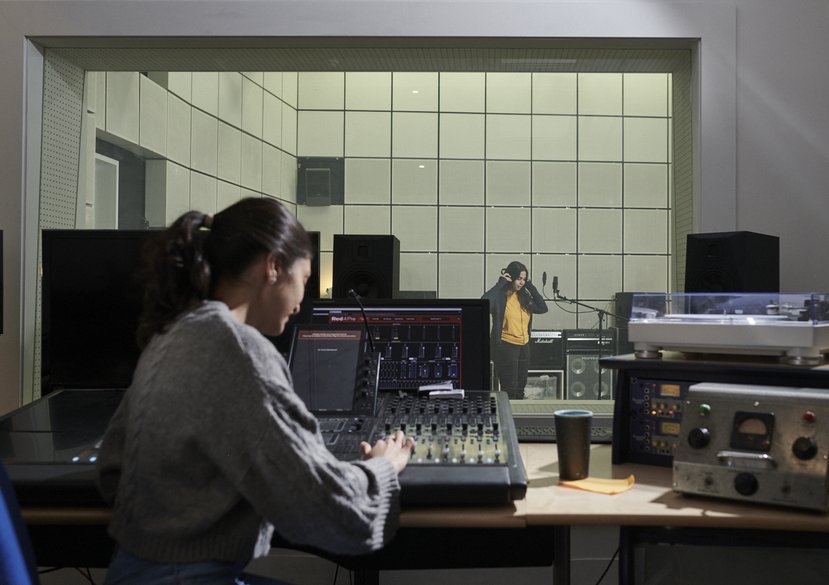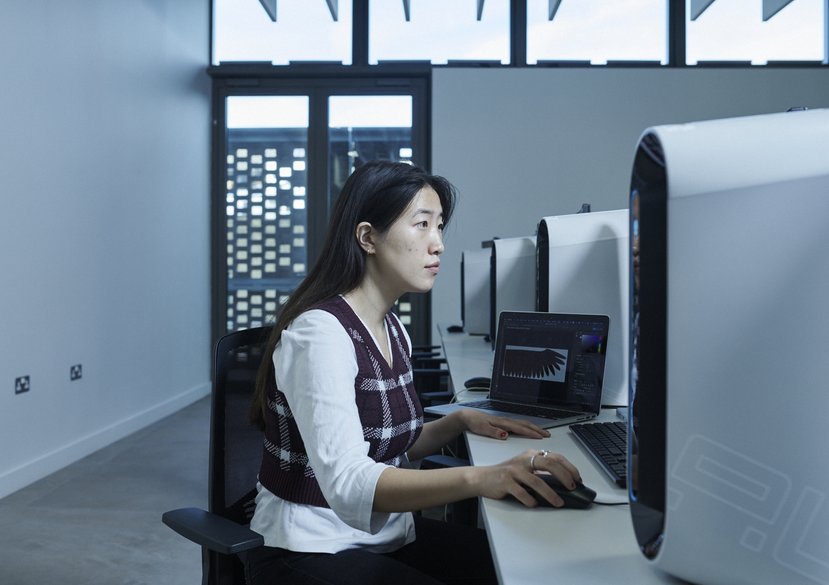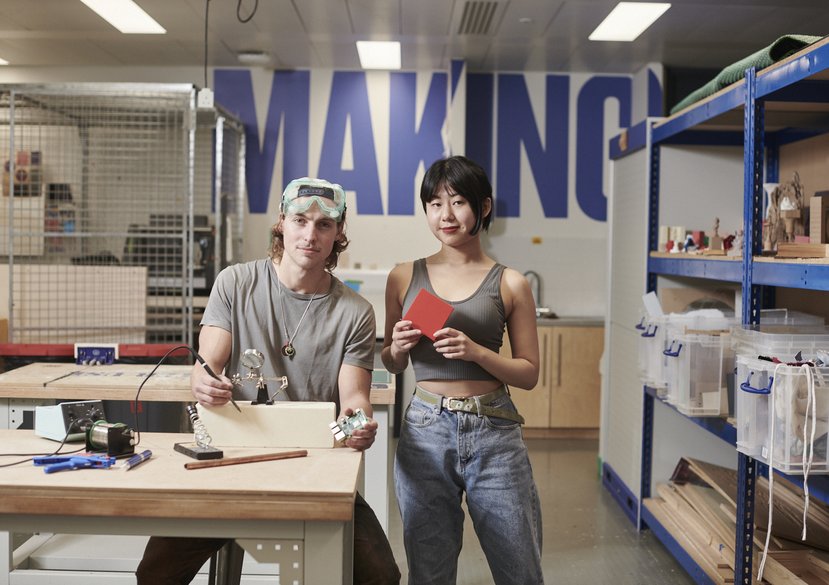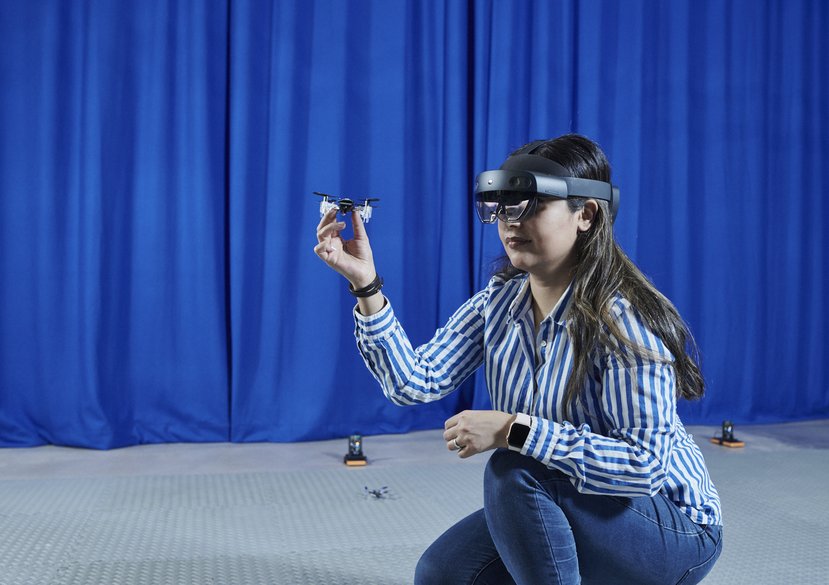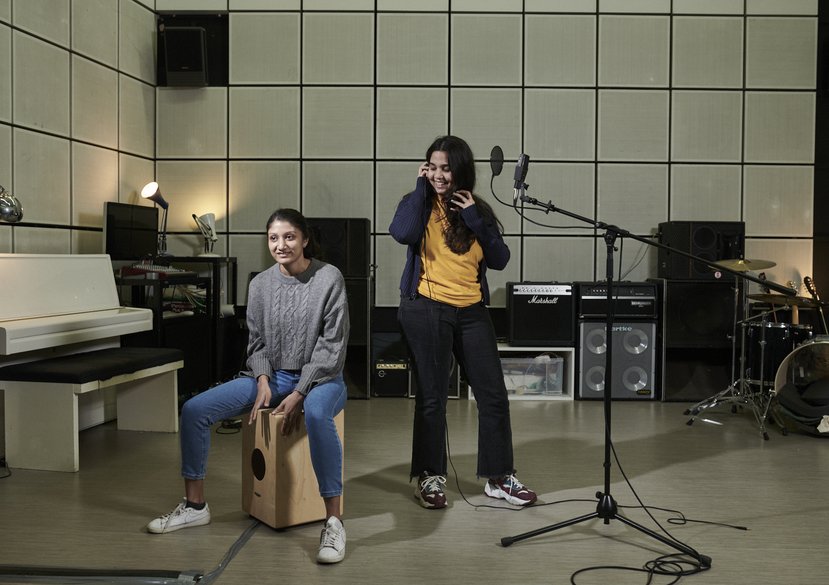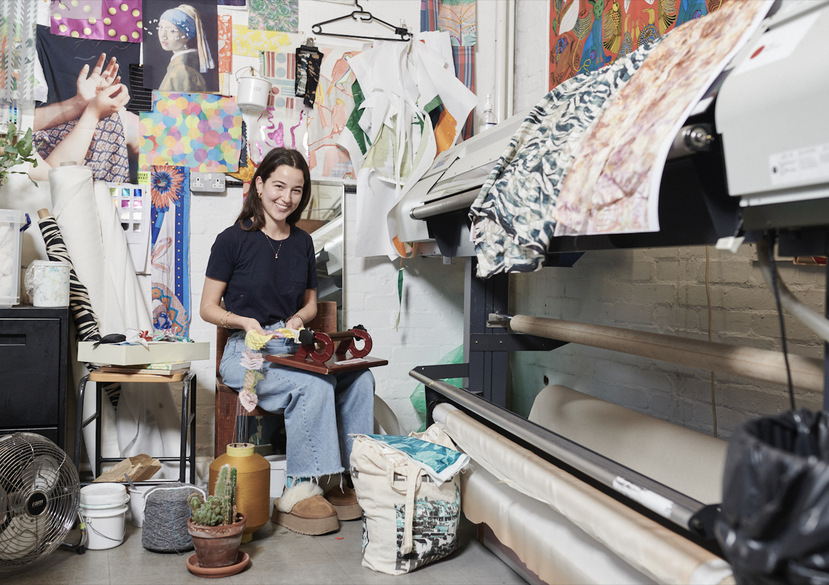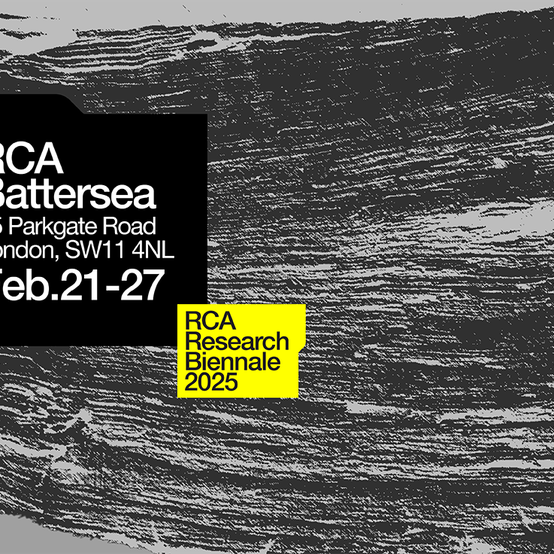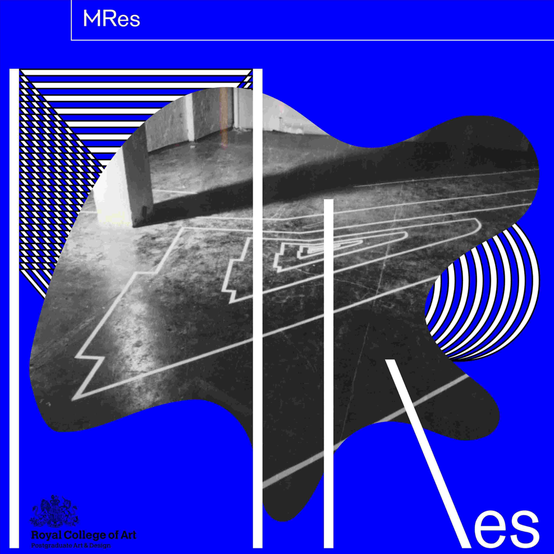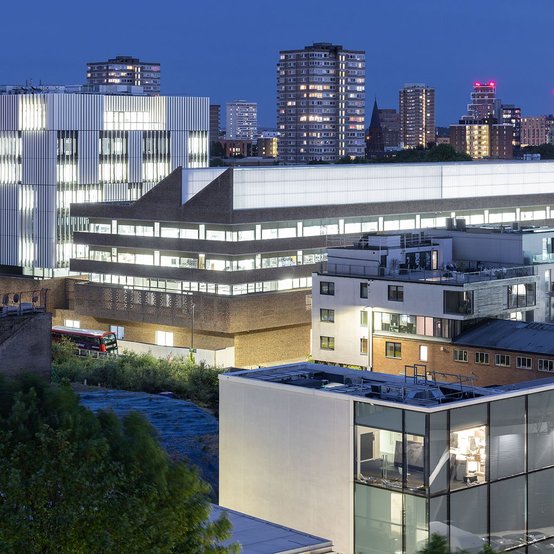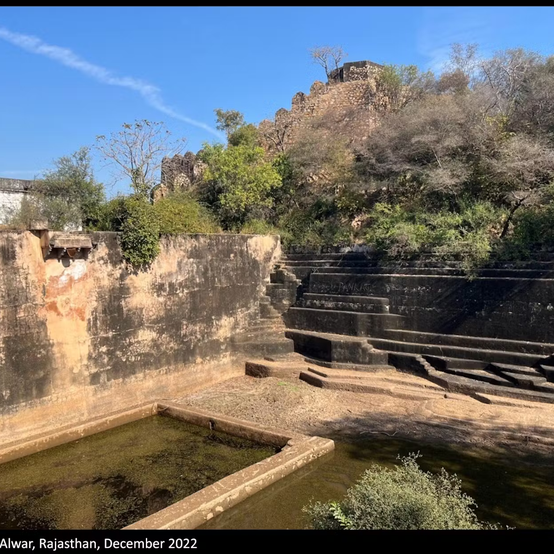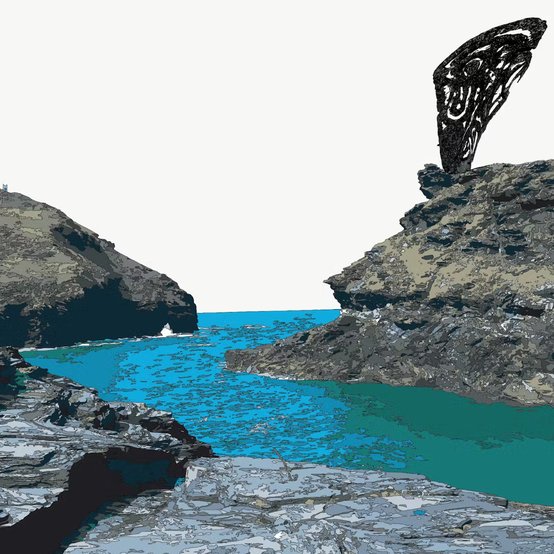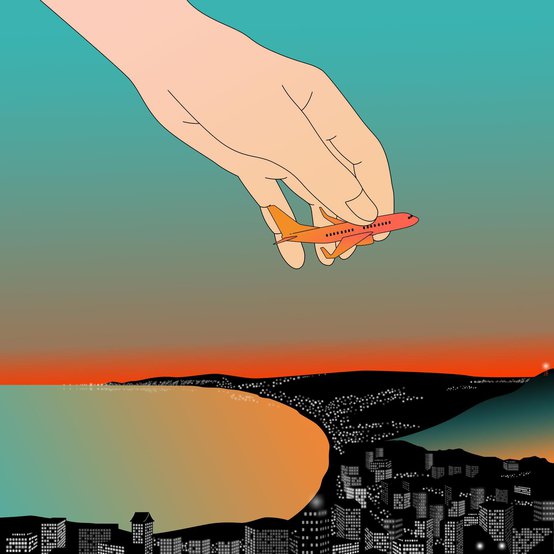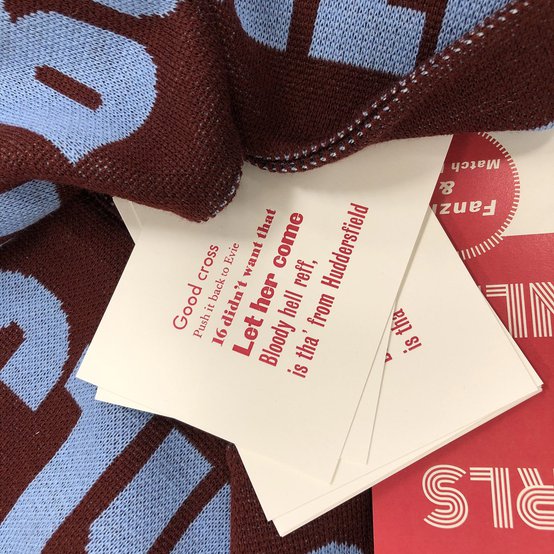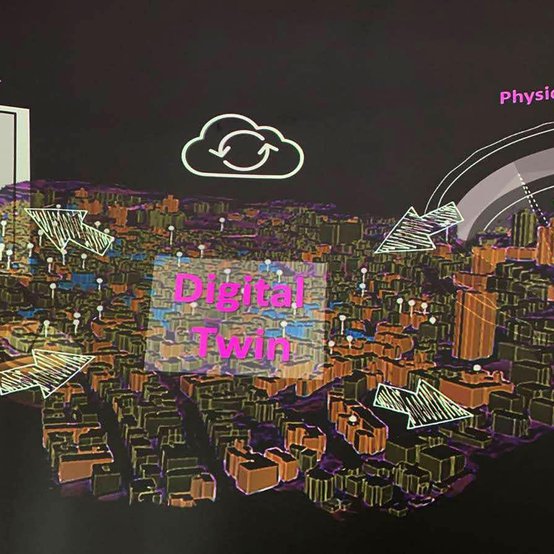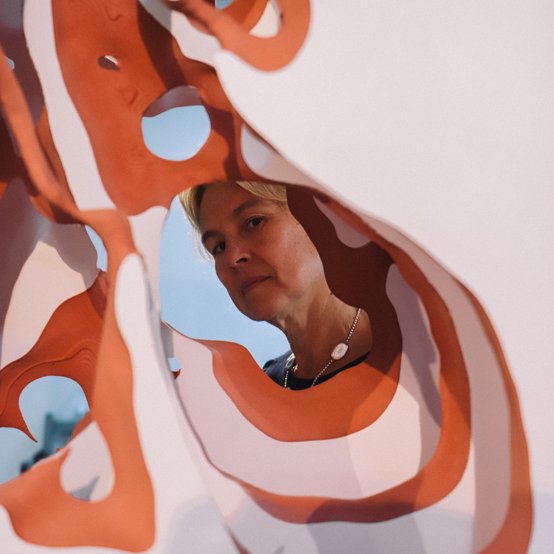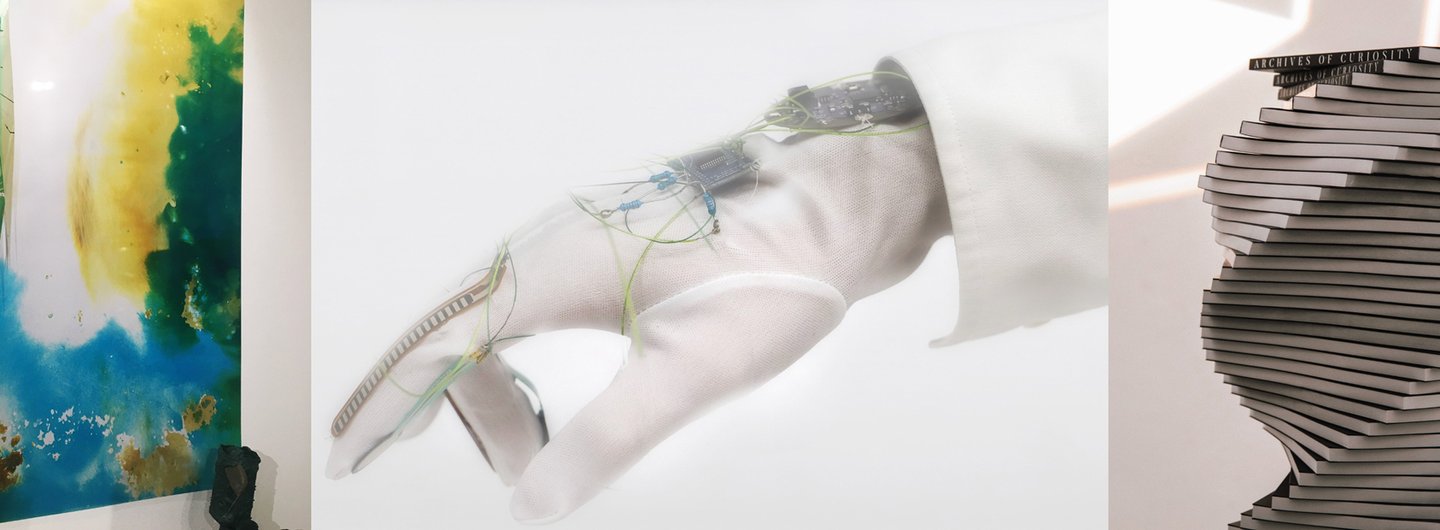
Overview
Challenge your assumptions and hone your creative toolbox
Key details
- 180 credits
- 1 year / 45 week programme
- Full-time or part-time study
School or Centre
Current location
- Battersea
Next open event
- 15 Sep 2025
- Visit Open Day
Next application deadline
- Applications closed, please check back soon
Career opportunities
- MRes RCA supports the development of research careers in academia and industry-based research groups. All students develop an individual research project, which prepares graduates for further studies at PhD level or careers within an emerging field of practice-led and practice-based research.
Transform your research and practice in architecture, communication, design, fine art or the experimental humanities
This programme will be based in Battersea for Academic Year 2025/26, which begins in September 2025.
- Conduct meaningful research across architecture, communication, design, fine art and the experimental humanities.
- Learn from research-active practitioners who will share their interests and expertise as historians, curators, designers and artists.
Our interdisciplinary space is one of freedom, risk, and experimentation. Disciplines are traversed. Possibilities are explored. Hierarchies are critiqued. Knowledge is not only amassed but shared. Joining us, you’ll ask, ‘what is research?’ and explore what it brings to creative practice across writing and making.
Our Master of Research RCA brings together students from architecture, communication, design, fine art and the experimental humanities to transform their research and practice in dialogue with other disciplines.
When applying, you choose a specialism, which will be your central discipline. You will be assigned an expert supervisor for closer supervision of your research project.
See things differently
Across many different teaching methods, we encourage new ways of seeing, thinking and doing across theory and practice.
Writer, historian, curator, artist, architect or designer (the list goes on) – you’ll come to us to develop a topic that feels vital to you. Drawing on methods from across disciplines, we’ll teach you how to become a researcher, too.
You’ll become more confident and graduate with a clearer sense of the next steps you want to take, whether that’s PhD-level study, professional industry roles, or something else.
Interdisciplinary Research Methods
‘Inter’ is Latin for ‘between’. It also describes states of mutuality, reciprocity, and exchange, of being together – such as in the word interdependence. On the MRes RCA, we emphasise what can be gained from working between disciplines and departments that are often separate.
Online Open Days
Catch the replays from our latest online Open Day.
Applications are closed for our 2025 intake and will open in autumn for September 2026 entry. Register your interest to be the first to know when applications open.
Gallery
Staff
Facilities
The RCA has campuses at Kensington, Battersea and White City.
View all College-wide facilitiesOur studios encourage collaborative working, thought, awareness and action. In addition, you have access to craft and technical workshop areas and excellent technical support in the College.
More details on what you'll study
Find out what you'll cover in this programme
What you'll cover
How will I learn?
MRes RCA is delivered in a blended mode with some sessions delivered online and others on campus. Delivery is through lectures, seminars, workshops, group critiques and tutorials. Each unit begins with a clear briefing outlining the schedule, aims, learning outcomes and assessment format.
The intensity of teaching will vary depending on the unit being delivered, with some units taught content delivered more intensely on-campus at the beginning or end of terms. This allows for independent study time around the taught delivery. Between on-campus activity, online seminars, group tutorials and peer-led asynchronous sessions, these activities support and structure your independent study.
Unit descriptors identify the number and type of contact hours you will have in each unit. The majority of programme delivery is academic, taking place in seminar, lecture and Live Rooms, and delivered by academic staff. In this programme, some units have a number of technical contact hours included, such as technical and library orientations and inductions into the use of equipment, spaces and processes required during the unit. If you wish to access other specialist technical equipment, spaces or processes or acquire additional technical or library skills outside of your timetabled unit contact time, you will be required to make independent bookings, which are available on a first-come first-serve basis from Technical Services and the Library.
You will be encouraged to engage with your network of peers across the art and design disciplines and to collectively contribute to common learning resources, student-led seminars, and peer critique. You are encouraged to treat your peers as critical friends, and to engage in critique in ways that are informed by their existing experiences of industry and practice. By participating in peer critiques, you will receive constructive feedback and learn to critique your own work more effectively.
Opportunities for formative feedback are used to support and structure your learning. Peer and tutor critiques form an important part of the teaching, and occur in every unit.
You are expected to begin the programme with existing technical expertise within your specialism. An orientation session and a small number of technical skills workshops will take place for your whole cohort. Any new technical expertise that you wish to acquire in order to realise your proposed projects will be mostly gained through independent access to Technical Services that take place outside of the unit structure on a first come first served basis, and subject to availability. Some electives may offer specific access to technical activities. The physical location for the MRes will be a ‘Live Room’. It will be the focus for discussion, social interaction, teaching and tutorial contact, as well as being a space for making and a place to host events. The Live Room will be a workspace that supports practice, discussion, documentation, learning and broadcast. The Live Room will act as a focus for engaging audiences and inviting interaction with the extended RCA community.
You are expected to take a professional and independent approach to the programme, including determining your journey through choice of units, managing the demands of multiple concurrent units, and working towards deadlines. You will be guided to pursue public facing professional development opportunities as appropriate throughout the programme.
Alongside your taught units, scheduled community events will provide opportunities for you to network with your peers across other programmes and Schools.
Programme structure
Term 1
Research Methods Part 1: Developing Research Questions (15 credits)
This unit supports you in developing and articulating research questions, by interrogating the central themes of your practice and what you aim to explore within your independent research projects through interconnected theoretical and practice approaches. The focus of this first research methods unit is on developing concise research questions and supporting your understanding of interdisciplinary research methods that you will build into your own research methods toolkit which will be used in Research Methods Part 2 to write a research proposal that mirrors the form of a PhD application. Through this unit you will develop your conceptual, analytical, technical, and theoretical knowledge base.
Research in Practice Part 1: Testing and Experimenting (15 credits)
Within this unit, you will interrogate your research questions through practice approaches, be that a visual practice or a written practice. Experimentation and innovation across practice and theory are encouraged and supported. You will introduce different methods and approaches for you to test and explore.
College-wide Elective (AcrossRCA or elective from other Schools) (15 credits)
College-wide Elective (15 credits)
Term 2
Research Methods Part 2: Developing a Research Proposal (15 credits)
Through an understanding of a wide range of research methods, you will be able to research and develop new, experimental, and effective approaches, engaging with problems and insights at the forefront of your discipline. The detailed research proposal mirrors the form of a PhD application by introducing your research subjects, aims, contexts, and key questions. You will also build a core repository of research references appropriate to your subject as an annotated bibliography, articulating which aspects of each source are of importance to your research.
Research in Practice Part 2: Defining and Developing (15 credits)
Within this unit, you will further define and develop your practice. Through planning and investigation, you will begin to determine the methods and approaches that are successful for you, which you will build upon within the final Research Project.
College-wide Elective (AcrossRCA or elective from other Schools) (15 credits)
College-wide Elective (15 credits)
Term 3
Independent Research Project (60 credits)
Within this unit, you will apply the skills, knowledge and understanding developed through the previous units to complete a complex Independent Research Project. This project can be practice- or thesis-based, with practice-based route bringing together an original body of work with a connected thesis, and thesis-based route the completion of a longer textual output. Students will be supervised by MRes staff by discipline specialisms, with group and individual critiques and tutorials.
This MA is delivered over 45 weeks.
Electives
You will also select three or four further units from a series of College-wide electives, allowing you to choose from a menu of units delivered across all the RCA Schools that align to your specialism. Drawing upon the learning and work established in these units, the MRes culminates in the development of your independent research project, with theory and practice in dialogue with one another.
AcrossRCA
AcrossRCA is a compulsory 30-credit unit which is delivered as part of all MA programmes.
Situated at the core of your RCA experience, this ambitious interdisciplinary College-wide unit supports you in responding to the challenges of complex, uncertain and changing physical and digital worlds. Developed in response to student feedback, AcrossRCA creates an exciting opportunity for you to collaborate meaningfully across programmes.
Challenging you to use your imagination and intellect to respond to urgent contemporary themes, this ambitious unit will provide you with the opportunity to:
- make connections across disciplines
- think critically about your creative practice
- develop creative networks within and beyond the College
- generate innovative responses to complex problems
- reflect on how to propose ideas for positive change in local and/or global contexts
AcrossRCA launches with a series of presentations and panel discussions from acclaimed speakers who will introduce the themes and act as inspirational starting points for your collaborative team response.
Delivered online and in-person across two terms, the unit has been designed to complement your disciplinary studies and to provide you with a platform to thrive beyond graduation.
Requirements
What you need to know before you apply
This programme is open to a wide range of applicants, including graduates of the RCA or other MA programmes from the UK or around the globe, mid-career artists and designers seeking to further their education and practice, and career-changers who wish to bring their knowledge into the context of art and design research. The MRes award will also appeal to those in, or working towards, an academic career in a range of contexts.
What's needed from you
Portfolio requirements
Please submit a selected portfolio of work (no more than 5 examples) which clearly establishes and evidences your abilities in articulating research questions, methods, and approaches. This PDF portfolio may relate directly to your proposed research project, and/or be drawn from recent professional work (in which case, there should be an articulation of skills and an understanding of research processes).
Personal statement
Please provide a 300-word written personal statement that addresses the following points:
- Introduce yourself, your interests and your motivations for applying to the Royal College of Art, and to this programme in particular.
- Briefly summarise any educational background and professional experience to date that will support your application.
- Tell us what you want to do in the future.
Video requirements
We would like you to create a short (2 minutes max length) video where you briefly introduce yourself and articulate what knowledge, skills and opportunities you think that a place on the MRes programme will offer you to develop.
(Please note, we are not judging you on your technical, production skills, but are using the video as an introduction to yourself and your aims for the programme)
General Information
- Your video does not need to be professionally shot, you may use the best resource available to you; we are not assessing the technical quality of this video
- You must be visible in the video and communicate verbally yourself.
- Your video can be in any of these formats: avi, mp4, mov, wmv.
- Your video must be a maximum of 2 minutes long, in real time.
Fees & funding
For this programme
Fees for new students
Fees for September 2025 entry on this programme are outlined below. From 2021 onward, EU students are classified as Overseas for tuition fee purposes.
Home
Overseas and EU
Deposit
New entrants to the College will be required to pay a non-refundable deposit in order to secure their place. This will be offset against the tuition fees.
Home
Overseas and EU
Progression discount
For students progressing to an MArch, MFA, MDes, MRes or MEd from an MA or MA/MSc, a progression fee discount of £2,000 is available (£1,000 per year for part-time study).
Scholarships
Scholarships
The RCA scholarship programme is growing, with hundreds of financial awards planned for the 2025/6 academic year.
For more information and examples of financial awards offered in 2024/25, visit the Scholarships & awards webpage.
You must hold an offer to study on an RCA programme in order to make a scholarship application in Spring 2025. A selection of RCA merit scholarships will also be awarded with programme offers.
We strongly recommend that you apply for your programme as early as possible to stand the best chance of receiving a scholarship. You do not apply directly for individual awards; instead, you will be invited to apply once you have received an offer.
More information
Additional fees
In addition to your programme fees, please be aware that you may incur other additional costs associated with your study during your time at RCA. Additional costs can include purchases and services (without limitation): costs related to the purchase of books, paints, textiles, wood, metal, plastics and/or other materials in connection with your programme, services related to the use of printing and photocopying, lasercutting, 3D printing and CNC. Costs related to attending compulsory field trips, joining student and sport societies, and your Convocation (graduation) ceremony.
If you wish to find out more about what type of additional costs you may incur while studying on your programme, please contact the Head of your Programme to discuss or ask at an online or in person Open Day.
We provide the RCASHOP online, and at our Kensington and Battersea Campuses – this is open to students and staff of the Royal College of Art only to provide paid for materials to support your studies.
We also provide support to our students who require financial assistance whilst studying, including a dedicated Materials Fund.
Experience
Ask a question
Get in touch if you’d like to find out more or have any questions.

